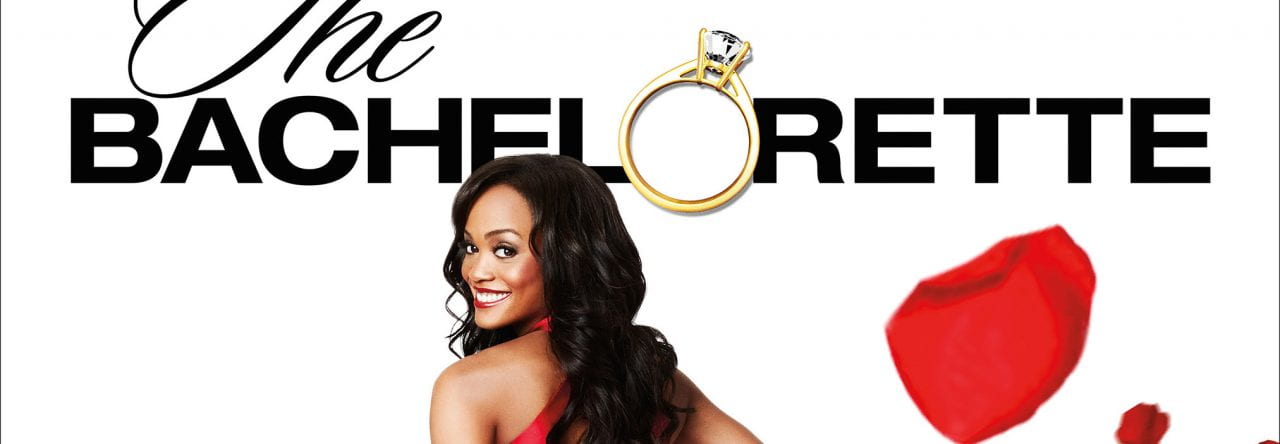I want to take a moment to explore suspense as a genre. Alfred Hitchcock, arguably one of the greatest directors of the twentieth century, was a pioneer in the genre and laid much of the groundwork for how suspense is portrayed in a modern context. Hitchcock established a framework for creating suspense. Within that framework he juxtaposes two important points: an informed surprise (dramatic irony) and a twist (an actual surprise). Let us apply these two techniques to explore the writing on S1E6 of my resident review topic, Search Party.
Season 1, episode 6 (The Secret of the Sinister Ceremony) of Search Party was actually written by the show’s creator and show runner, Sarah Violet Bliss, and is one of the few episode of the show she doesn’t direct. Bliss has also written several other episodes of the show, as well as an episode of the Wet Hot American Summer revival, the movie Fort Tilden, and a handful of short films. This episode is an interesting exploration of how she writes suspense, and how it compares to her directing.
Dialogue in the episode is written mostly as conversations between two characters. Through this, Bliss employs Hitchcock’s first tactic beautifully. No one character is given full context about what is going on. Dory and her friends have no idea what this cult-esque dinner party riddled with too many pregnant women is about. No one at Bellow & Hare bothers to tell them exactly what “the Moment” is, so we assume the obvious: murder (particularly Chantal’s). We’ve got the perfect bomb under the table situation until – boom! – Dory accidentally walks in on a live birth.
The Secret of the Sinister Ceremony strays from the forged path of the show and does an excellent job tying up several loose ends. Take, for example, the opening scene of the episode where Dory is making a “crazy wall” in her apartment. At the end of the episode, the wall becomes the major plot point, as we discover the sinister note left for Dory and company in the middle of it: STOP LOOKING FOR CHANTAL. Here Bliss leaves us with the classic cliffhanger ending, encouraging the viewer to dive headfirst into the next episode. Nevertheless, she manages to tie in groundwork established int he first minute of the show. It’s not like Dory makes that crazy wall and it’s never brought up ever again.
Pretend this is Alia Shawkat and not Charlie Day
I think the most compelling thing about this episode is that it’s written how the show is directed, for the most part. Violet Bliss is directing a thriller, and Search Party is her vessel. The direction of this film, while it adds to the general suspenseful mood as one watches, is second to the way that key details are hidden throughout dialogue and character interaction. Every twist and turn has us at the edge of our seats, but we could probably see them coming if we paid more attention to the writing.
Works Cited:
Truffaut, François, and Alfred Hitchcock. Hitchcock. New York: Simon and Schuster, 1967. Print.

Comments are closed.